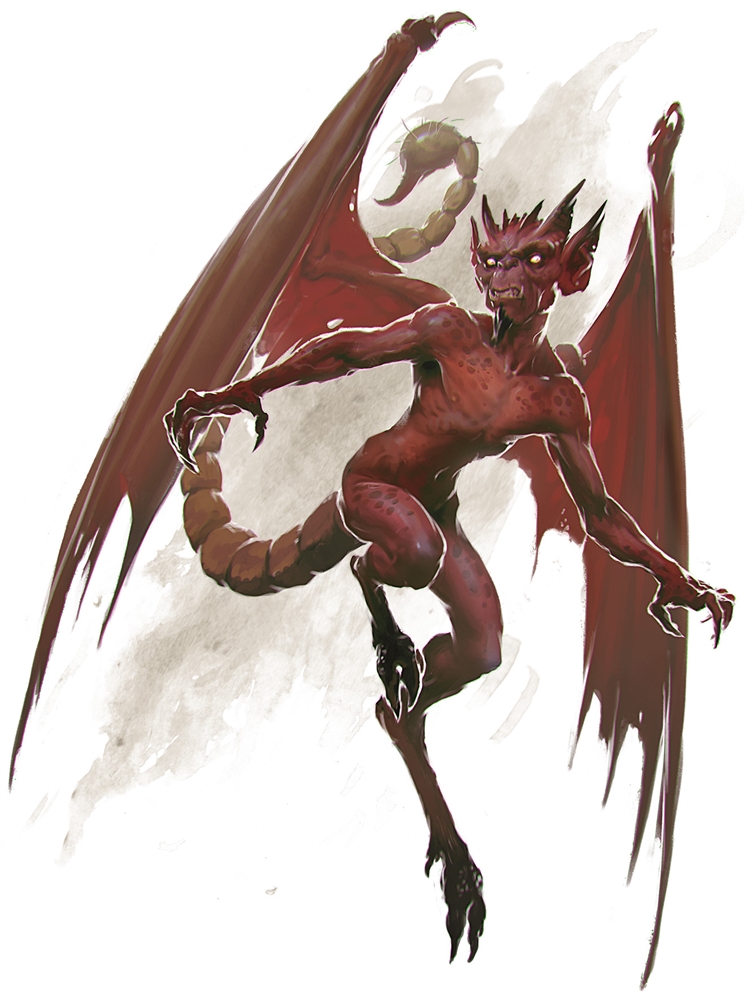D&D: Five Amazing Ritual Spells You Can Cast Over and Over Again

One of the best things about Ritual Spells is that you can keep casting them without using your precious spell slots. Here are some of the best.
Ritual spells are an amazing tool in any spellcaster’s repertoire. They’re not necessarily the first things you’ll reach for when initiative is rolled, but they’re an indispensable part of any magic users’ arsenal. Especially since these are spells they can cast time and again without having to spend a precious spell slot.
With that in mind, here are five great Ritual Spells!
Alarm
You know a list is going to be good when the first entry in it starts with, “now hear me out.” That being said, now hear me out. Alarm can be an incredibly useful spell in the right circumstances. But none of those circumstances ever warrant actually using a spell slot on this spell.
Because Alarm is a great spell to be able to call on when you want to take a rest in relative safety. If you’re in hostile territory, or worried about assassins, Alarm can vs your best friend. It can warn you either audibly or silently via mental communication, and it can’t be fooled by invisibility or the like.
And that’s just one scenario. Alarm is also good for when you want to have someone on lookout while you’re doing crimes and not needing witnesses. Or anything else along those lines. And all this can be yours, for ten short minutes.
Find Familiar
A familiar is a fantasy classic trope for a reason. They can do all sorts of things, from scouting ahead, to giving you advice, to casting touch spells, or just giving the help action. All these and more await you if you have a familiar by your side.
They add personality to a character or a party, because with a familiar, you immediately get yourself a new weird little guy to be in your party, and they keep coming back, as long as you have ten good pieces with which to cast the spell.
Phantom Steed
Horses are amazing. One of the most important parts of humanity, was, arguably, domesticating and taming these beautiful monstrous creatures that could kick you apart as soon as look at you.
And in D&D, a Phantom Steed is like a horse but even better, because it’s pure magic. What does that mean? Well, for starters, that it has a speed of 100 ft. per round, making it more than capable of outrunning its mundane counterparts, or basically any other creature in the monster manual. You CAN be faster, but you really have to try to outpace a phantom steed. Because a Phantom Steed can outrun an airship or even a Spelljammer. Even one of the fast ones.
Tiny Hut
Tiny Hut is one of those spells that can really change the way you play. Even if you never use it in combat, where it’s an impenetrable bunker that can magically keep even the most dedicated attacker outside of it unless they can dispel it somehow, it makes the world more accessible.
Not only does it provide a safe place to sleep, it’s sheltered from all but the most hostile environments. And it lasts eight hours, long enough for a long rest, or for you to cast a spell with which to better your current, post-dome situation.
Telepathic Bond
Finally, Telepathic Bond. This spell is essential at higher levels. You can basically become a telecommunications hub for your party, allowing you to share information quietly, without the threat of eavesdropping, whether magical or mundane.
But you can also provide each other backup in social situations this way. Or carry out spy missions because you’ll all have the perfect earpiece.
The best teams are coordinated, and this spell allows for the ultimate coordination. With it you can reach across any distance, as long as you’re all on the same plane, making it perfect for if you have to split up the party.







